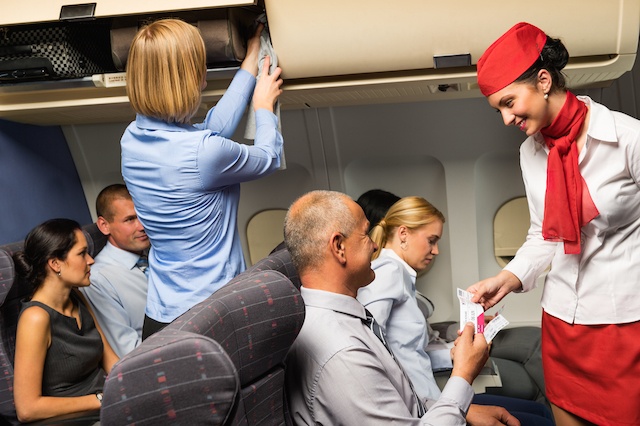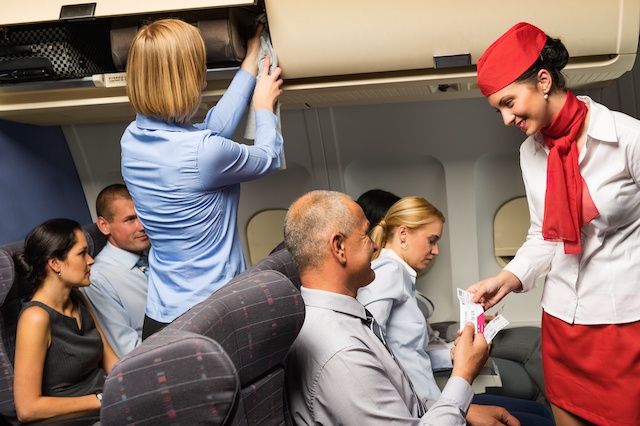With global travel the modern walk in the park, language learning and cultural understanding are essential to provide service excellence in the aviation industry.
According to the International Air Transport Association’s (IATA) Airline Industry Forecast 2013-2017, airlines are expecting to see a 31% increase in passenger numbers, rising to 3.91 billion by 2017.
With escalating growth in international air travel and passengers from different linguistic backgrounds, fluent English and proficiency in at least one other language is often required to reach even the interview stage of the recruitment process for ground crew and aviation staff.
Furthermore, global connectivity and mobility have created a multicultural business environment, making managing workplace diversity a top priority at every level of an organization.
In the aviation industry, multilingualism and multi-culturalism means business. Being able to converse in a passenger’s or customer’s native language connects them on a deeply psychological level with higher reassurance that their problems will be solved and their needs will be met.
DISCOVER EASY-TO-USE TECHNIQUES FOR PROMOTING MULTI-CULTURALISM IN YOUR WORKPLACE
For aviation professionals, languages and interpersonal skills are not just key to service excellence, they are paramount for safety. Although learning a language may seem like a daunting task, research shows that 80% of the conversation is based on 20% of the language. Tackling that 20% can guarantee safety, retention and skill application on the job.
Even learning a specific set of vocabularies and phrases, in key tourism languages, is sufficient for effective international communication, significantly improving rapid response times, customer service and repeat business.
Furthermore, language skills are directly linked to intercultural skills creating a distinctive advantage in apprehending intricate cultural aspects that are typically not communicated through spoken words.
Due to this, many top airlines have listed bilingualism or multilingualism as a key recruitment requirement as it ensures efficiency, safety and an aptitude to quickly adapt to a fast-growing multicultural and dynamic aviation environment.
Self-paced online language solutions are a perfect fit for aviation professionals working different shifts in different parts of the world at any one time. Being able to take your course with you is key! Start your multi-cultural journey to success NOW
Andrie Steliou
Latest posts by Andrie Steliou (see all)
- 8 Ways to Help Keep Your Child Focused and Engaged in Online Learning - October 19, 2022
- How to Improve Social Intelligence Skills? - May 10, 2022
- How to Improve Organizational Skills at Workplace? - May 6, 2022


